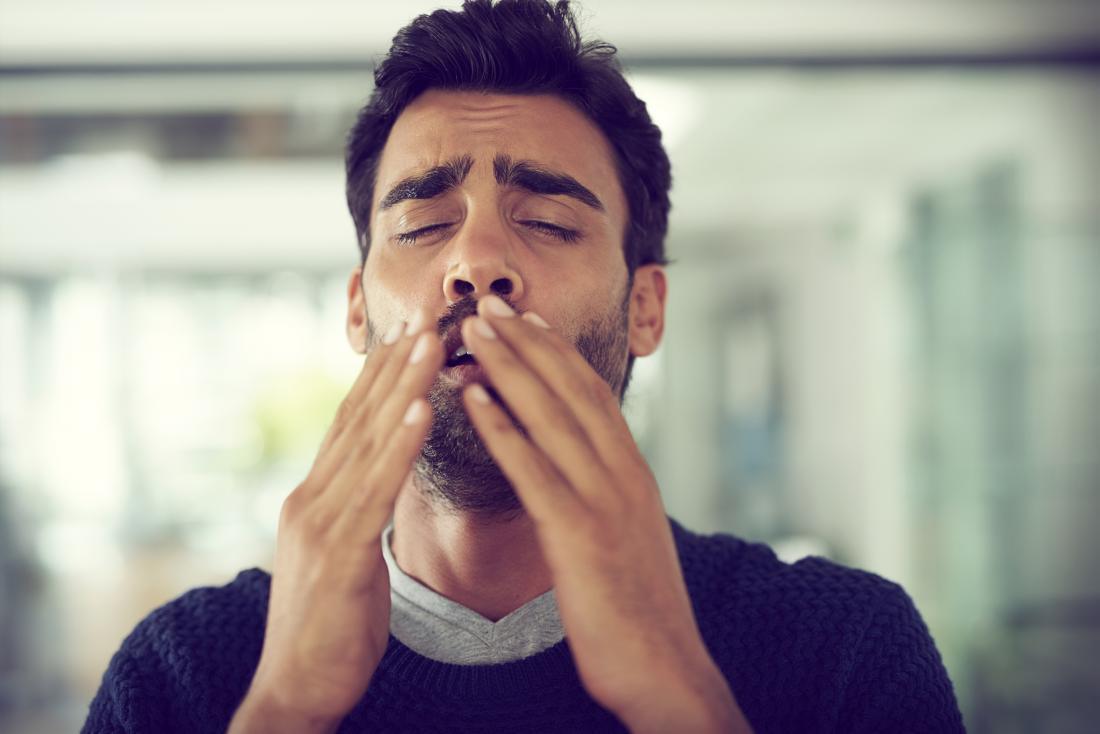Why Are My Muscles So Tight? Causes, Treatments, & More

Why Are My Muscles So Tight? Causes, Treatments, & More
If you're an active person, you've probably experienced tight muscles at some point in your life. You're probably wondering, "why are my muscles so tight?"
Based on our past experiences, there's not much information on what causes muscle tightness or how you can treat it. That's why we've decided to create our own guide on muscle tightness.
Learn what causes the aches, how to treat it, and steps you can take to prevent muscle inhibition. Are you ready? Let's get started!
What is Muscle Tightness?
You know that feeling when your legs feel heavy, tired, or sluggish and you find normal tasks are more difficult than usual?
That is muscle tightness screaming at you to give your muscles some TLC. It doesn’t matter if you’re a pro athlete or a pro stay-at-home mom, nearly everyone can empathize with the discomfort of muscle tightness.
What Causes Tight Muscles?
Tight muscles can be caused by a variety of sources. We often associate tight muscles with an injury or performing a strenuous workout, in which tight muscles can be uncomfortable, and often painful. H
owever, you can also experience tight muscles due to stress and dehydration.
Stress
Stress is one of those hidden causes of muscle tightness. Stress can cause muscles to tense up and constrict blood vessels, which will have your muscles feeling overworked.
Furthermore, stress naturally releases hormones, and high cortisol and constant pressure on the nervous system can cause muscles to lock up.
Overuse
Constant repetition of any activity, whether that is tennis or computer work, can also cause muscle tightness.
With overuse, inflammation can occur, which can make your muscles very tender or sensitive. In bad cases of overuse, sharp pain or spasm can occur.
Dehydration
Water represents approximately 76% of your muscle mass, which makes hydration very important to keeping muscles healthy. As a result, dehydration can greatly impact the amount of tightness you feel in your muscles or cause painful muscle cramps.
Injury
Injuries such as sprains or strains will often have symptomatic effects on muscles and surrounding structures.
Injuries can overstretch or tear muscle fibers, and the body will respond by tightening up in order to inhibit excessive movement and prevent pain.
How to Treat Tight Muscles
Yoga is an effective and efficient way to treat tight muscles. When muscles are tight, they often are not receiving enough blood flow due to stress, overuse, dehydration, or injury.
Active stretching and movement can help flush toxins out, transport nutrients to your muscles, and regulate your body temperature, which will all provide feelings of relief and freedom.
When doing yoga to treat tight muscles, make sure you perform stretches for the upper body, lower body, anterior (frontside) muscles, and posterior (backside) muscles.
Since the whole body is connected, tightness in your left hip may cause a chain reaction to tightness in your right calf. This is why it’s important to follow along with an experienced yoga instructor that can guide you through poses safely.
Steps to Prevent Muscle Inhibition
There are several excellent yoga stretches that you can incorporate into your wellness routine to prevent muscle inhibition. These stretches integrate numerous muscles so that you can have healthy muscles.
Start with any yoga pose that requires arms overhead, such as Crescent, Exalted Warrior, and Chair pose.
Since we rarely put our arms overhead in everyday life and are often hunched over at our desks, car, and phone, engaging our arms and shoulders in full range of motion can help release muscle tension and also open up our spines.
Since Crescent, Exalted Warrior, and Chair pose are also very effective at working the leg muscles, you don’t necessarily need to perform a long yoga session to earn the benefits. Just a few poses for a few minutes per day and you will be able to prevent muscle inhbition.
Get Rid of Tight Muscles Today
[I can write this part]

 Peace of Mind Promise
Peace of Mind Promise




